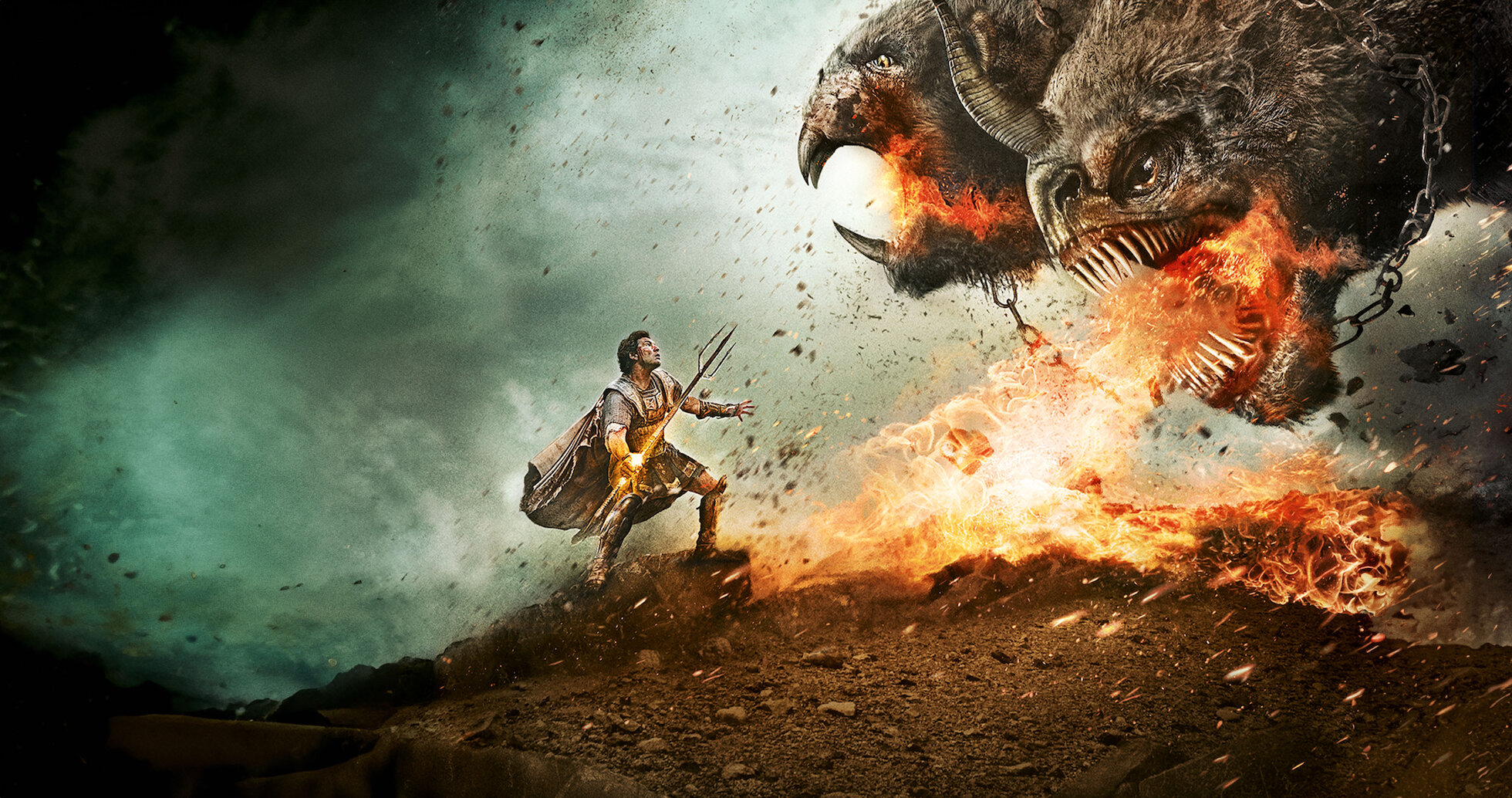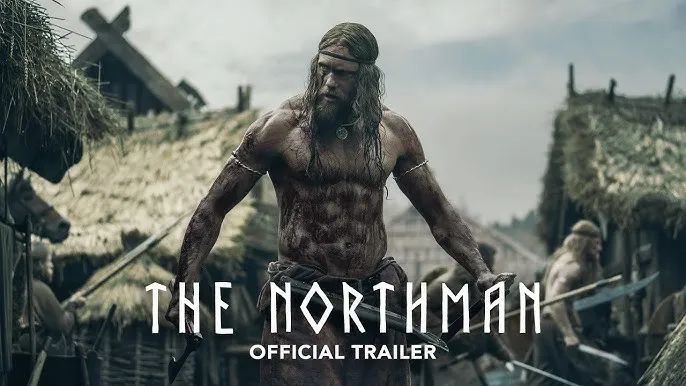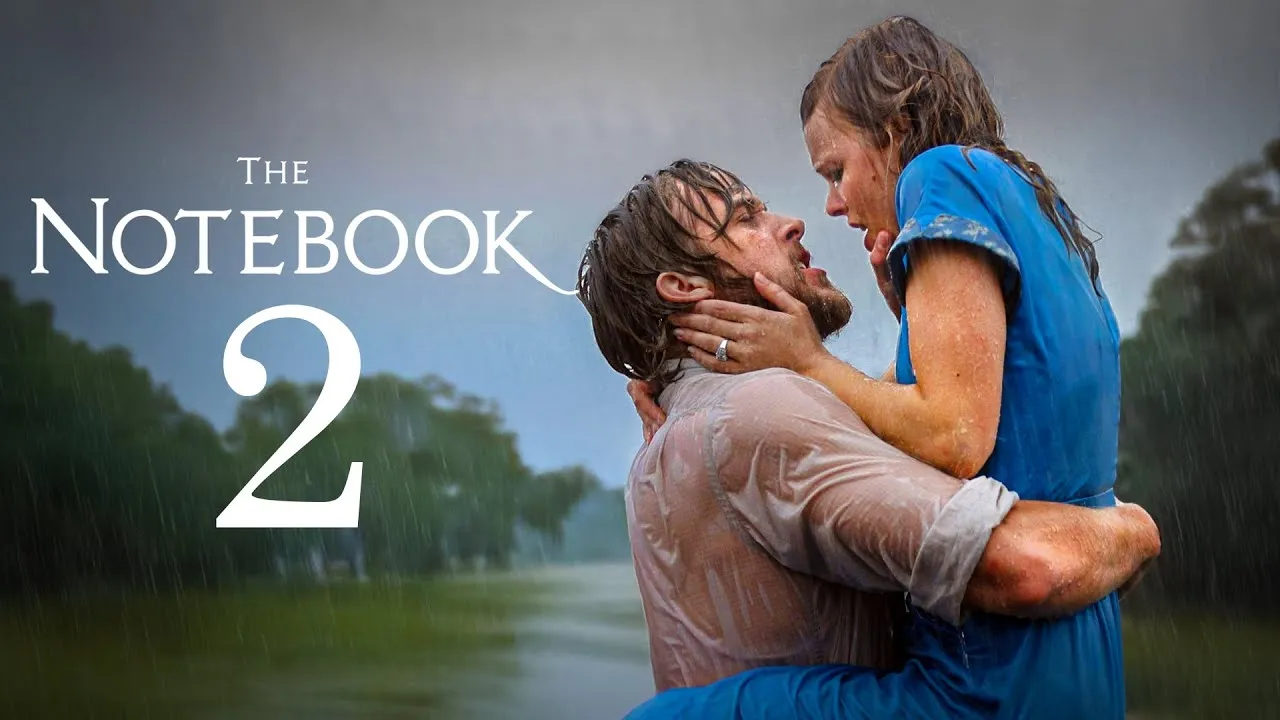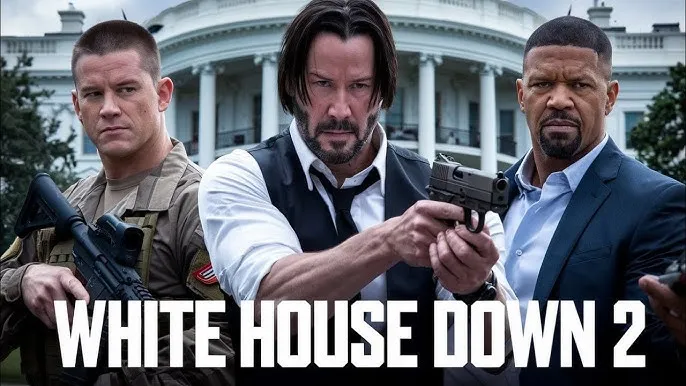He fought monsters before. Now he fights time itself
Wrath of the Titans (2012) is a mythological action-fantasy sequel to Clash of the Titans (2010), raising the stakes—and the monsters—as mankind turns away from the gods, and the gods, in turn, begin to fade. Set in a crumbling world where divine power is no longer absolute, the film pushes hero Perseus into a desperate battle not just for Olympus, but for the survival of Earth itself.
A decade after slaying the Kraken, Perseus (Sam Worthington) is now living a quiet life as a fisherman, raising his son and keeping far from the chaos of gods and monsters. But peace doesn’t last. The gods are growing weaker because humanity has stopped praying, and in their weakness, the walls of Tartarus—the underworld prison—are cracking. From within, Kronos, the father of Zeus, Hades, and Poseidon, begins to stir.
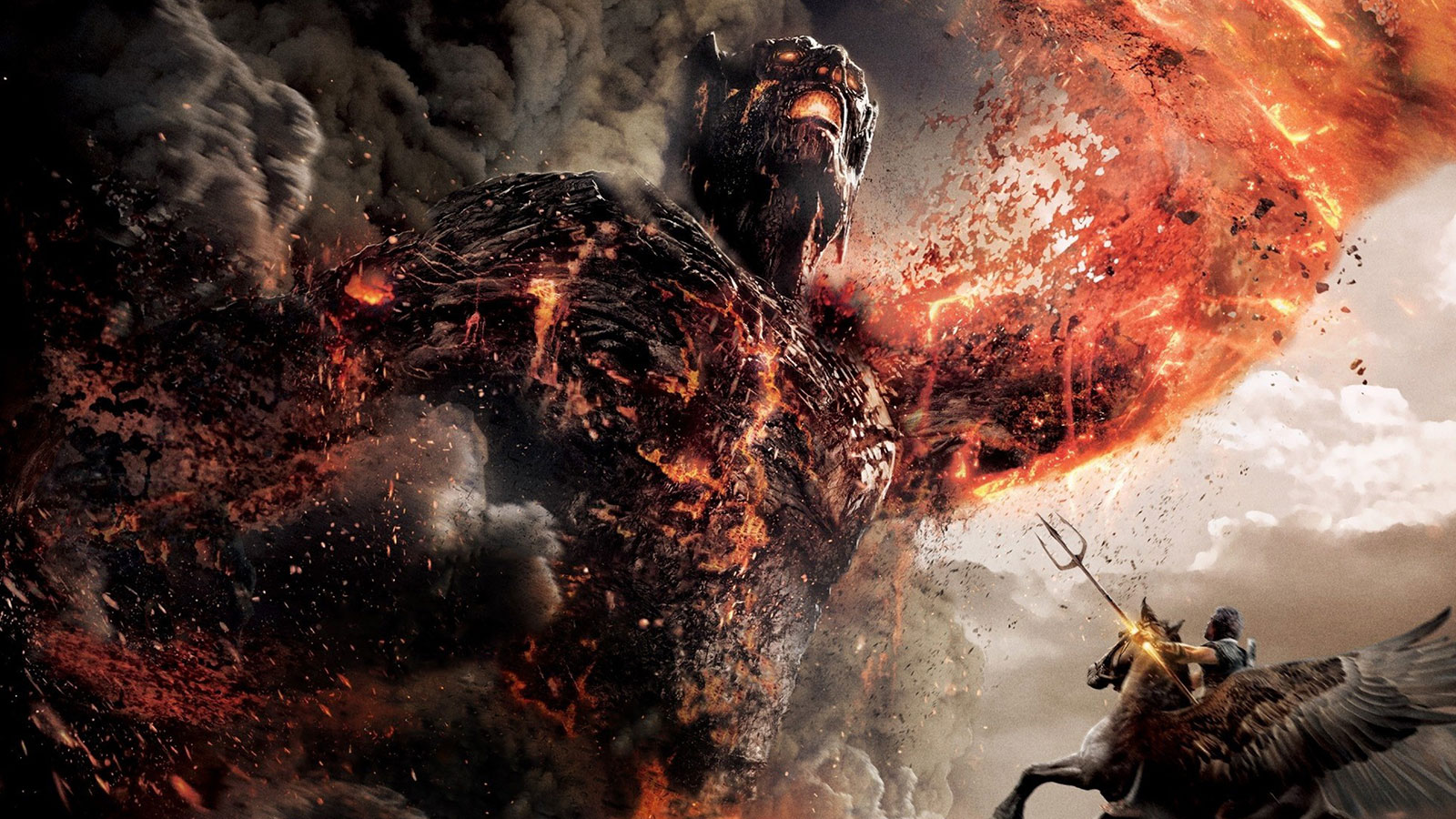
When Hades and Ares betray Zeus and make a dark pact to release Kronos, Perseus must once again take up his sword. But this time, it’s not just about slaying beasts—it’s about restoring balance between heaven and hell. Joined by the warrior Andromeda (now a battle-hardened queen), the demigod Agenor, and the fallen god Hephaestus, Perseus journeys into a nightmarish labyrinth and faces fiery demons, ancient titans, and gods turned traitor.
Visually explosive and packed with mythic creatures—from Chimeras to Cyclopes, and the towering volcanic wrath of Kronos himself—Wrath of the Titans blends ancient legend with modern spectacle. But beneath the lava and lightning, the story still comes down to a mortal choosing to rise above fate… and gods learning that immortality doesn't make them invincible.
